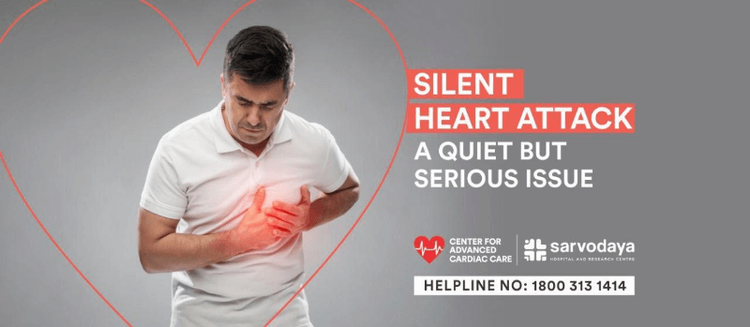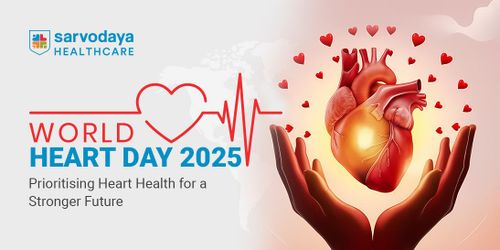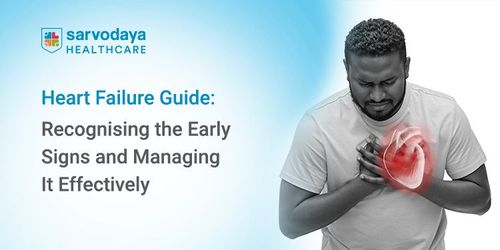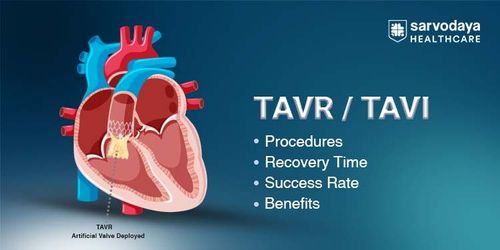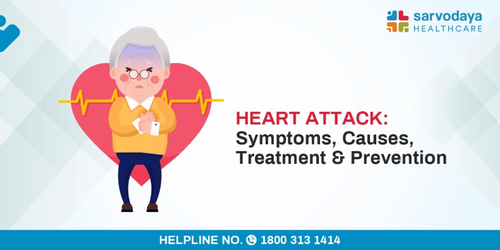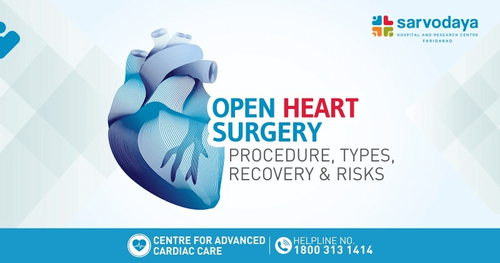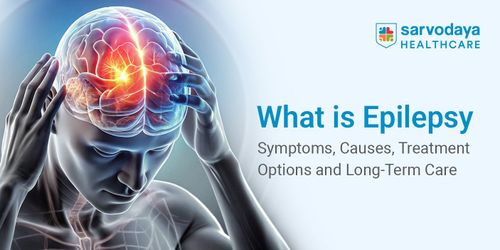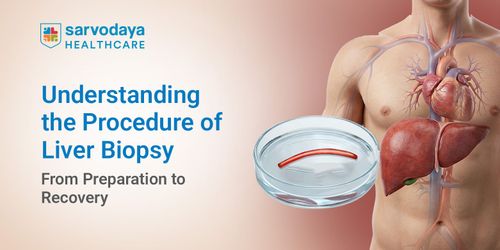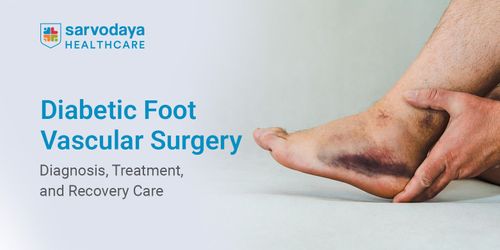It’s difficult to imagine that something as serious as a heart attack could go unnoticed. But this is true in the case of ‘Silent Heart Attack’. A silent heart attack, or ‘Silent Myocardial Infarction (SMI)’, is a lack of oxygen to the heart muscle.
It is like any other heart attack in which blood flow to a particular section of the heart is temporarily blocked due to underlying issues that result in scarring and damage of the heart muscle. In the case of SMI, one can have a heart attack and not even know it. It can easily be mistaken for less serious health issues such as heartburn, gas, or muscle pain.
Read More- Silent Symptoms Of Heart Attack You Must Be Aware Of
Who Are At Risk?
The risk factors include high cholesterol, high blood pressure, family history, lack of exercise and tobacco use. Anyone can suffer a Silent Myocardial Infarction, but diabetic and older patients are generally at a higher risk zone.
Silent Signals For SMI
Just like its name, a silent heart attack is a heart attack that has either zero or negligible symptoms which can easily go unrecognized. Its’ symptoms can be so mild, and for such a short period, that they often get mixed with any regular discomfort or less serious problem, and thus get ignored.
One must seek immediate medical attention on experiencing one or more of the following symptoms:
- Discomfort in the center of the chest that may last for several minutes, or may reoccur after short time intervals. Feeling like uncomfortable pressure, squeezing, or pain.
- Discomfort in other upper-body areas, like in one or both arms, the back, the neck, the jaw area, or the stomach.
- Shortness of breath prior to or while experiencing chest discomfort.
- Bursting out in a cold sweat, or feeling nauseated or lightheaded.
A silent heart attack is a loud signal which means there is some kind of underlying health issue that needs attention. People may not be aware they had a Silent Heart Attack until weeks or even months later.
Breaking The Silence – Diagnosis Of SMI
SMI is usually detected from an electrocardiogram (ECG) or echocardiogram, which can highlight heart muscle damage. A blood test can also be performed for detecting the molecular footprints of troponin T, a protein released by injured heart cells.
On experiencing any symptoms of an SMI, one must not brush them aside, thinking they might be something else. One must pay a visit to a Cardiologist in Faridabad and get their heart checked. On-time and detailed evaluation and treatment can help ensure better heart health for the future.
Our Specialists Also Available Here
Cardiologist in Delhi NCR
Cardiologist in Noida
Cardiologist in Greater Noida


